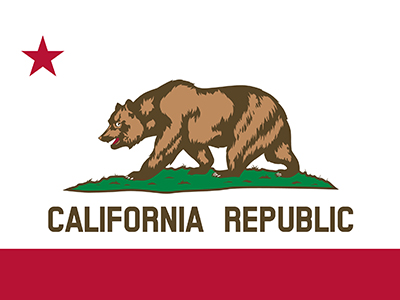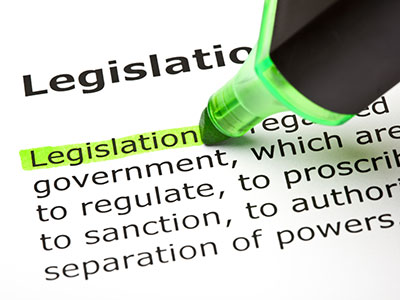On Tuesday, April 3, the California Supreme Court will hear arguments in Hassel v. Bird. Case No. S235968. While seemingly a defamation case, it has direct implications on trade secrets owners and the rights of internet publishers.
In that case, a lawyer, Dawn Hassell, sued her former client, Ava Bird, for defamation in California state court because of a negative Yelp review. 247 Cal. App. 4th 1336 (2016). Bird never responded to the lawsuit, so the trial court entered a default judgment in Hassell’s favor. The court ordered Bird and Yelp to remove her the reviews, even though Yelp was not a party to the lawsuit. Yelp appealed on numerous grounds, including that (1) the court denied Yelp due process because Yelp wasn’t a party; (2) the order was an improper prior restraint; and (3) Yelp had immunity under the Communications Decency Act. The court of appeal rejected all of these arguments.
This fight between the rights of internet publishers and those allegedly aggrieved by third parties who post information or statements on the publishers’ websites is an ongoing battle. While often fought in the defamation space, many of these disputes involve trade secrets owners who claim others, including former employees, posted trade secrets on an internet publisher’s site. See, e.g., Glassdoor, Inc. v. Superior Court, 9 Cal. App. 5th 623 (2017). The Hassell case will have direct impact on this ongoing battle. If upheld, it will create a potential roadmap for trade secrets owners to take down offending content published on the internet. For the internet publishers, it creates a serious headache because it allows plaintiffs to sidestep the publisher’s right to defend against an injunction.
Trade Secrets Watch will monitor the oral argument and report back.











